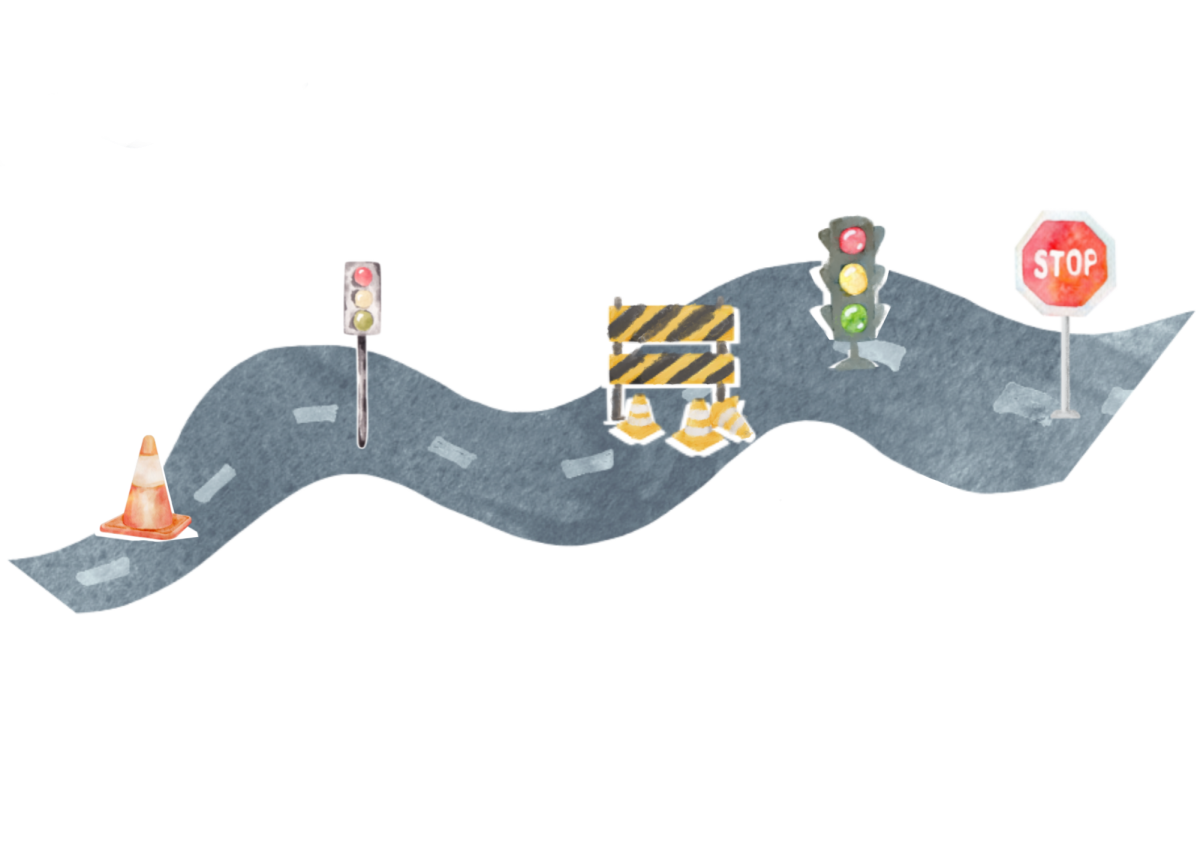Eleven million dollars were stolen through AI scams, along with 500,000 deepfake videos online in just 2023 alone.
AI is eroding truth itself. The misuse of AI alters how we see the world, giving everyone the power to change reality.
“If countries control their citizen’s internet, no one there will know that there is anything different. They believe that controlling AI will help them control that little world that they live in,” said math and computer science instructor Daniel Ary, who launched a Machine Learning class this year.
The threat lies not just in foreign powers but in misinformation, scams, and copyrights produced inside United States borders.
AI’s most recent rise in the media spotlight has simmered down, giving businesses and governments time to combat the growing issues that come with it. The EU, Canada, and other countries have already begun implementing regulations on AI, drastically curtailing AI misuse in their territories.
Regulations aim to ensure that AI is used responsibly, ethically, and morally; all technology requires third-party mediators between company and consumer.
A future where anyone can produce fake news with immense realism on their smartphone is not a faraway dream; it is here right now.
“I was not worried about deepfakes being used for malicious intent until I saw a deepfake of President Zelensky saying that the Ukraine forces surrendered,” sophomore William Wei said.
Deepfakes like this one are all over social media. They are used in financial fraud, fake news, conspiracies, bullying, and elicit content, and this is only the tip of the iceberg in exploiting AI.
Another pressing issue is using synthetic voices in scam calls. It takes roughly three minutes of audio to replicate someone’s voice successfully. However, there are ways to stay protected.
“One thing we can do is to have a “safe word” with your family that you can use if you are in danger, which allowed a mother in a previous scam event to know that her daughter was all right,” William said.
Artificial deepfake voices can originate from your voice recordings on devices like Siri, Google Assistant, and Alexa that record a lot of this data.
While your data is assumed to be safe from scammers with these companies, you can never be too sure.
Once you share your voice or creative style, it is theirs forever, and unlike a password, your identity and original ideas cannot be remade.
AI art models are scraping thousands of original pieces off the internet without artists’ consent, undermining their creativity and professions, and the irony is that the models threatening artists’ liveliness are powered by their art. There will always be positives and negatives to AI art. Successfully regulating AI art is the first step in reducing AI abuse.
“The only way to regulate AI art is if it is taken on as a legal issue and fought in court because right now, people have access to copyrighted art, and all they have to do is take a photograph of it and break it down to the pixel, and then they can use it to train generative art, based on the artist’s original style,” Ary said.
AI and its widespread applicability will alter the future of every profession for better or worse, but AI misuse will only grow if we do not put regulations in place.
“There are strong moral and ethical questions about how you want your world to be, and it will get even more dramatic in five years when these algorithms are tuned and when the algorithms start talking together. We will see a lot of changes in the future, not necessarily bad, but keep in mind this technology can fall into hands where it is used in a way that is not ethical,” Ary said.
AI Regulating Reality
November 16, 2023
0
Tags:
Donate to The Fourth Estate
$50
$500
Contributed
Our Goal
Your donation will support the student journalists of Laguna Blanca School. Your contribution will allow us to purchase equipment and cover our annual website hosting costs.
More to Discover
About the Contributors

Niccolo D'Agruma, Managing Editor, Feature Editor
Niccolo D'Agruma, a current Sophomore and Fourth Estate Co-News Editor, joined the publication in the fall of 2022. He has written about topics that he considers interesting and captivating throughout his time at the paper. He is interested in acting, engineering, creative writing, urban planning, current social and economic issues, and more inside and outside The Fourth Estate.

Jackson Baltes, Co-Managing Editor
































